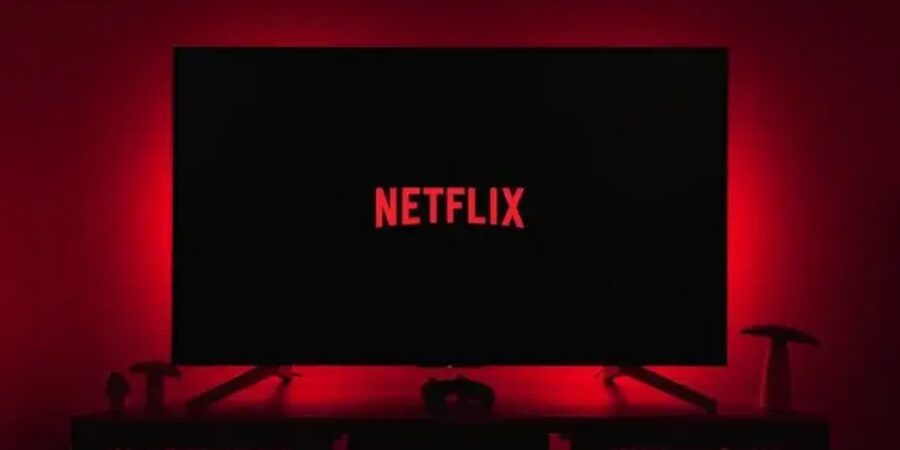Netflix has been making headlines recently with its plans to expand across Africa. The streaming giant recently released its socio-economic report, showing how well it has done since making its way to sub-Saharan Africa in 2016. According to the report, the company invested a total of $175 million in South Africa, Nigeria, and Kenya from 2016 to 2022. Interestingly, South Africa received the most significant share of these investments- about 71% of the total investments went to the SA film industry. The investment was aimed at developing the local creative ecosystem, with a focus on bridging the finance gap, conjuring collaborations, talent development, and commercializing the industry.
When it comes to investments, companies like Netflix carefully evaluate a range of factors before chunking out huge sums of money. According to the regional head, it was always part of Netflix’s plans to invest heavily in African storytelling. Hence when Netflix experienced the first decline in its history, losing some 200,000 subscribers globally in 2022, the company did not shake much. Africa offered a development potential that the company hoped will reassure investors. Still, the decision to invest significantly in South Africa can be linked to specific market dynamics such as having a favorable regulatory environment, and SA’s reputation for having a more advanced infrastructural setup.

The South African entertainment industry is a vibrant and growing one. Over the years, the industry has achieved success by fusing its rich and diverse cultural heritage into high-quality content that resonates with audiences, locally and globally. The industry has produced stars like Thusu Mbedu and solid shows like Blood and Water have gained success on different continents. In Netflix’s six years on the continent, the company has released 170 licensed productions, and 16 Netflix originals. Blood & Water, its most successful so far, was an immediate success. It topped charts in Africa, the USA, the Caribbean, Spain, Austria, Germany, the UK, and France.
Yet before Netflix pitched a tent in Africa, South Africa already had a reputation as a renowned creative space. As one of the world’s oldest filmmaking industries, the creative country has always been recognized globally for its success in producing feature films. In 2012, the Hollywood blockbuster “Chronicle” was produced at Cape Town Film Studios in South Africa, a movie that went on to make an impressive $126 million in ticket sales worldwide. Part of the things that made SA so desirable to international filmmakers was its abundance of locations and highly skilled technical professionals involved in the production cycle. It also helped that shooting a movie in SA was not as expensive due to its rand’s performance against the dollar. For example the makers of Chronicle had spent merely $12 million on production costs making 100 more times in sales.
However, despite the international recognition South Africa received for its creative talent and technical excellence, SA remained uncompetitive in the domestic market. For example, total revenue of all films produced in South Africa from 2012–2019, showed a downward trend, going from $4.9 million in 2012 to $3.5 million in 2019. When compared to other film industries on the continent, this is not a viable amount. On its own, the South African market did not generate enough scale and volume to be commercially viable.

Although South Africa’s film industry was a little less competitive in the domestic market, the country had other things going for them. The country’s middle class was increasing. This meant more people were able to spend on things. Not only did their purchasing power increase, in 2019, the world bank reported that up to 70% of the population had access to the internet. Not only did access to the internet increase South African were greatly utilizing it. A recent study shows that South Africans spend an average of 9.5 hours a day online. Such a high internet penetration rate, coupled with a high appetite for content consumption, presented a golden opportunity for streaming services like Netflix to expand their subscriber base.
Apart from an attractive consumer market, SA had its regulatory framework going for it. The government has always implemented various initiatives, including tax incentives and funding schemes, to support the growth of the local entertainment industry. One such is its 25% filming incentive offered to foreign film and TV productions shooting on location in SA, with a cap of R50 million, and an additional incentive of 5% for productions shooting and conducting post-production in SA and utilizing the services of a black-owned service company. For productions that conduct only post-production in SA, the incentive is calculated at 20% with an additional 2.5% for spending at least R10 million of post-production budget in SA.
However, Netflix investing the bulk of its investment in South Africa does not mean a lack of interest or commitment to other African countries. In the space of 6 years, the company has invested a total of $107 million in sub-Saharan Africa. Netflix’s revenue from sub-Saharan Africa is expected to double by 2026. And after its positive socio-economic report, the company will continue to expand its presence across the African continent.





